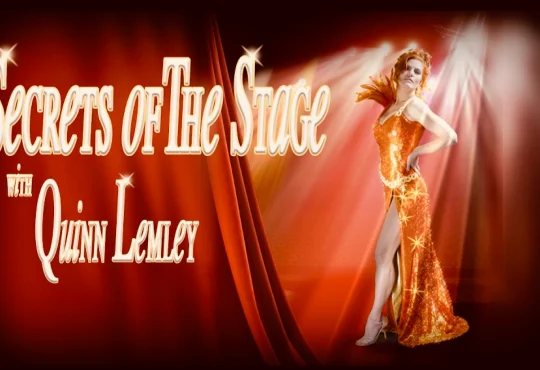Barack Obama Talks ‘Defund the Police’ Controversy on ‘Daily Show’
Barack Obama discussed the hope he found in this summer’s Black Lives Matter protests, as well as his criticism of the “defund the police” rallying cry, as part of a wide-ranging interview with Trevor Noah on The Daily Show Tuesday, December 15th.
Obama reiterated that the activism and protests that sprung up after the police killing of George Floyd were one of the few things that kept him optimistic during an otherwise difficult year. “I have consistently believed that their courage, activism, media savvy, strategic resolve far exceeds anything I could’ve done at their age and I think has shifted the conversation in ways that I would not have even imagined a couple of years ago,” he said.
But Obama had also previously expressed concern about the efficacy of “defund the police,” issuing a warning against “snappy slogans,” which drew plenty of criticism from those same activists leading the protests. On The Daily Show, Obama said, “I think the concern is there may be potential allies out there that you’d lose. The issue always is how do you get enough people to support your cause that you can actually institutionalize it and translate it into laws?”
Obama clarified that he wasn’t echoing the argument that issues like “defund the police” and the Green New Deal was the reason moderate Democrats struggled in down-ballot races during the 2020 elections. Rather, he said he believed significant policing reforms were necessary, but it was just a matter of trying to communicate them in a way people can grasp.
“The issue here becomes, at any given time, how are we translating and using language,” Obama said. “Not to make people more ‘comfortable,’ quote-unquote, because that’s always a strain and historically the concern in these debates is often, ‘Are we just trying to make white people comfortable, rather than speaking truth to power?’ … The issue to me is not making them comfortable, it is: Can we be precise with our language enough that people who might be persuaded around that particular issue to make a particular change that gets a particular result that we want — what’s the best way for us to describe that?”








